
The federal government has cleared the country’s first two re-gasified Liquefied Natural Gas-fired power plants, having combined generation capacity of 2,400 megawatts, at an estimated cost of Rs169.6 billion in efforts to reduce long hours of power outages.
The government has an initial estimate that each project will cost Rs84.8 billion including a Rs68.1-billion loan that will be arranged from China.
Headed by Federal Minister for Planning and Development, Ahsan Iqbal, the CDWP constituted the committee that will be comprised of member Energy, Member Infrastructure of Planning Commission, and representatives of Ministry of Water and Power and Sui Northern Gas Pipelines Limited.
Both combined cycle power plants will be set up in Punjab. One is located at Balloki, District Kasur and the second one is located at Haveli Bahadur Shah, District Jhang.
After spending energy resources on planning to setup coal-based power plants, the government has lately decided to focus on LNG, arguing that LNG was cheaper fuel and would comparatively consume less time in implementation. The Planning Ministry said that both the projects will be completed within two years.
The government plans to finance these power plants from the Public Sector Development Programme. However, the initial indicative ceiling of Rs580 billion for the next year’s PSDP suggests that the envelope would not be sufficient to carry out work on over a 1,000 projects including these cost-intensive schemes.
The CDWP took up 30 development projects, valuing around Rs300 billion, said the Ministry of Planning.
The CDWP also recommended the Integrated Transit Trade management Systems (ITTMS) to ECNEC for approval aimed at addressing the issues of inadequate infrastructure at border posts that are hampering full capitalisation of transit trade potential of Pakistan by incorporating integrated process ICT backbone. The estimated cost of the project is Rs21.9 billion and would be completed in three years.

With an estimated cost of Rs20.8 billion, the CDWP cleared a project for widening of national highway of around 33-km long two-lane single carriageway of N-70 from Rakhi Gaaj to Bewata in the districts of Dera Gazi Khan and Lorallai. The stretch, which comprises mountainous terrain and acute curves, is the only problematic section on the 600-km long road of east and west corridor between Multan and Quetta.
In the energy sector, the CDWP approved 500kv new grid station in Islamabad at a cost of Rs6.9 billion and will be completed in three and a half years. A 34.5MW Harpo Hydro Power project, at Skardu, was cleared at a cost of Rs9.5 billion.
It also approved Dentistry School at SZAB Medical University Islamabad at cost of Rs1.4 billion. Another project, Academic and Allied Facilities in University of Swabi, was approved at a price of Rs1.1 billion.
The project of Installation of Weather Surveillance Radar at Karachi was approved with an estimated cost of Rs1.6 billion.
The body approved a project of up-gradation and renovation of 23 railway stations at a cost of Rs1.1 billion and will be completed in 15 months.
The CDWP also approved a project of Revitalisation of Historic Core of Multan City aimed at regeneration of economic activities in Multan. The cost of this project is Rs251 million which will be completed in one year.
At a cost of Rs1.5 billion, the CDWP approved establishment of National Forensic Agency in Islamabad aimed at enhancing the capacity of law enforcement agencies through modern scientific tools, training and equipping them with latest criminal investigation technique and combat organised crime.
For imparting training to 25,000 youngsters, the CDWP approved the project of Prime Minister’s Youth Skill Development Programme phase II at a cost of Rs1.2 billion.
Published in The Express Tribune, April 1st, 2015.
Like Business on Facebook, follow @TribuneBiz on Twitter to stay informed and join in the conversation.
1737426578-0/Untitled-design-(65)1737426578-0-405x300.webp)


1737416356-0/Trump-(9)1737416356-0-165x106.webp)



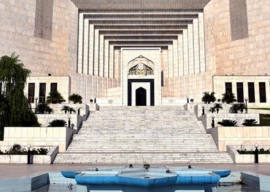



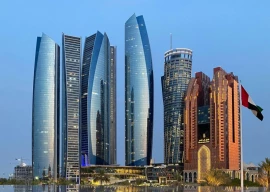
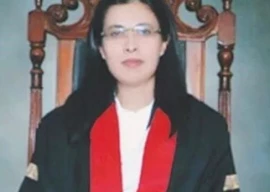

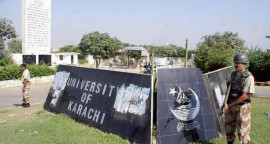
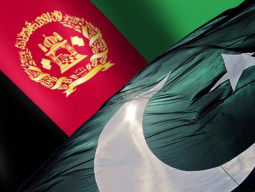
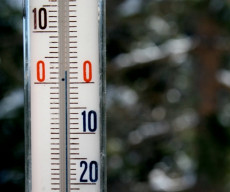






COMMENTS (3)
Comments are moderated and generally will be posted if they are on-topic and not abusive.
For more information, please see our Comments FAQ